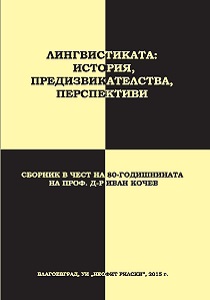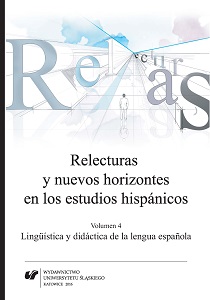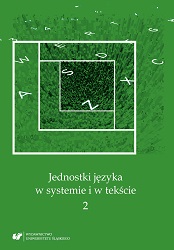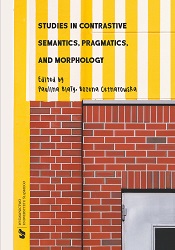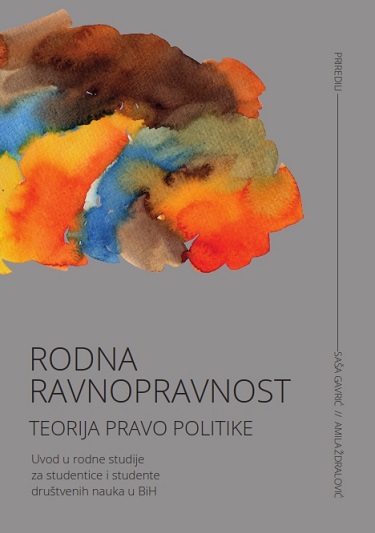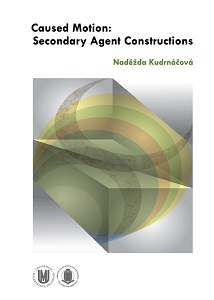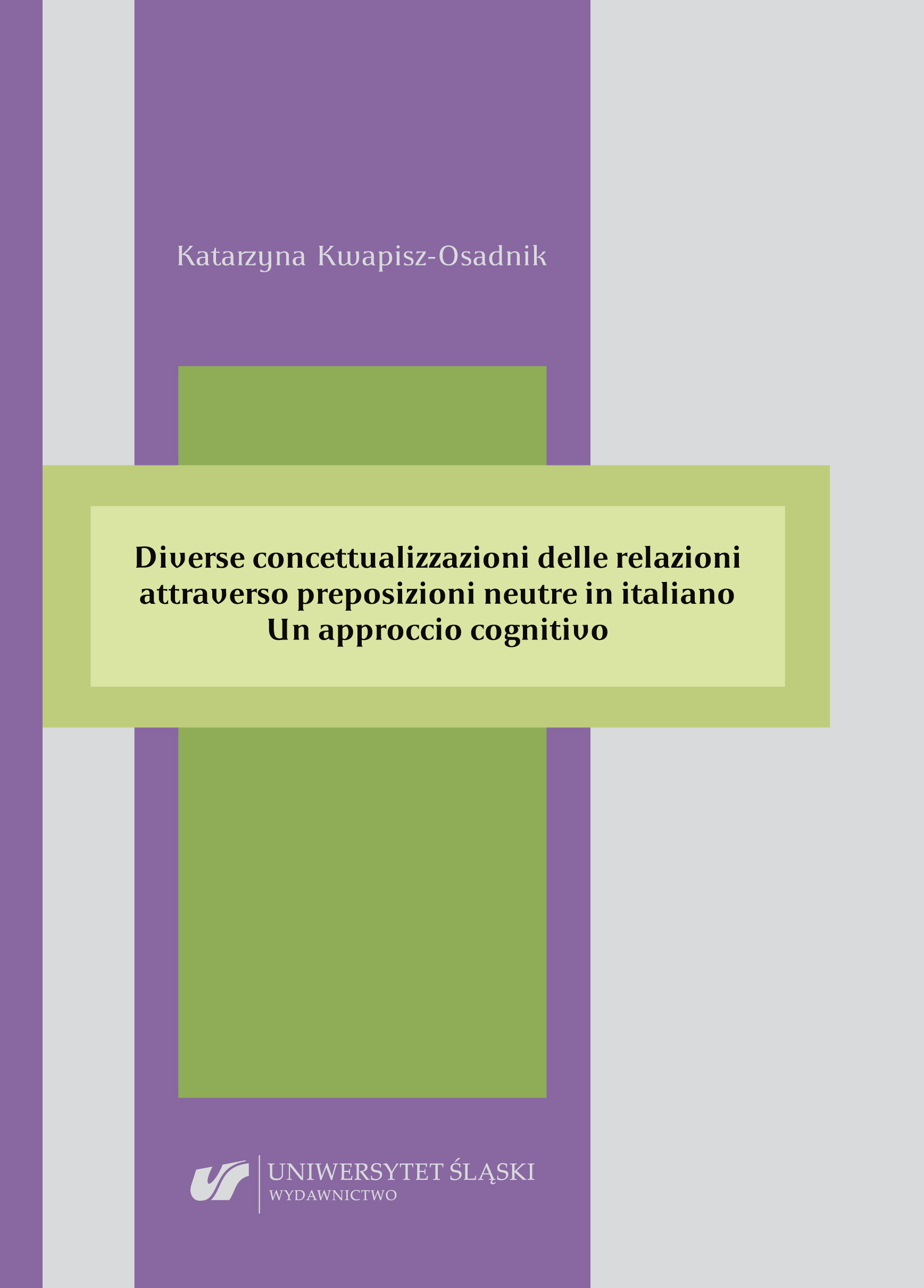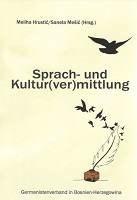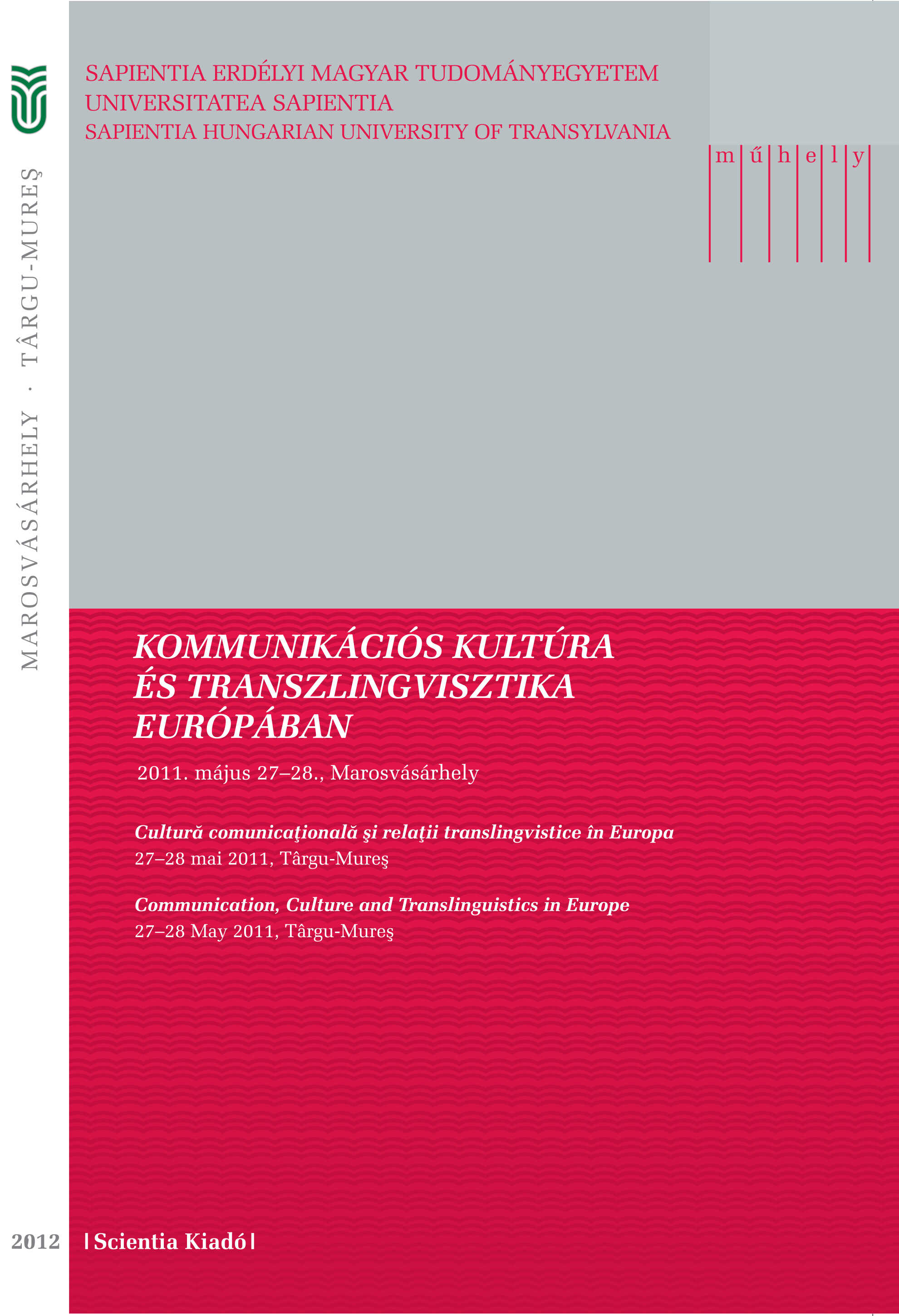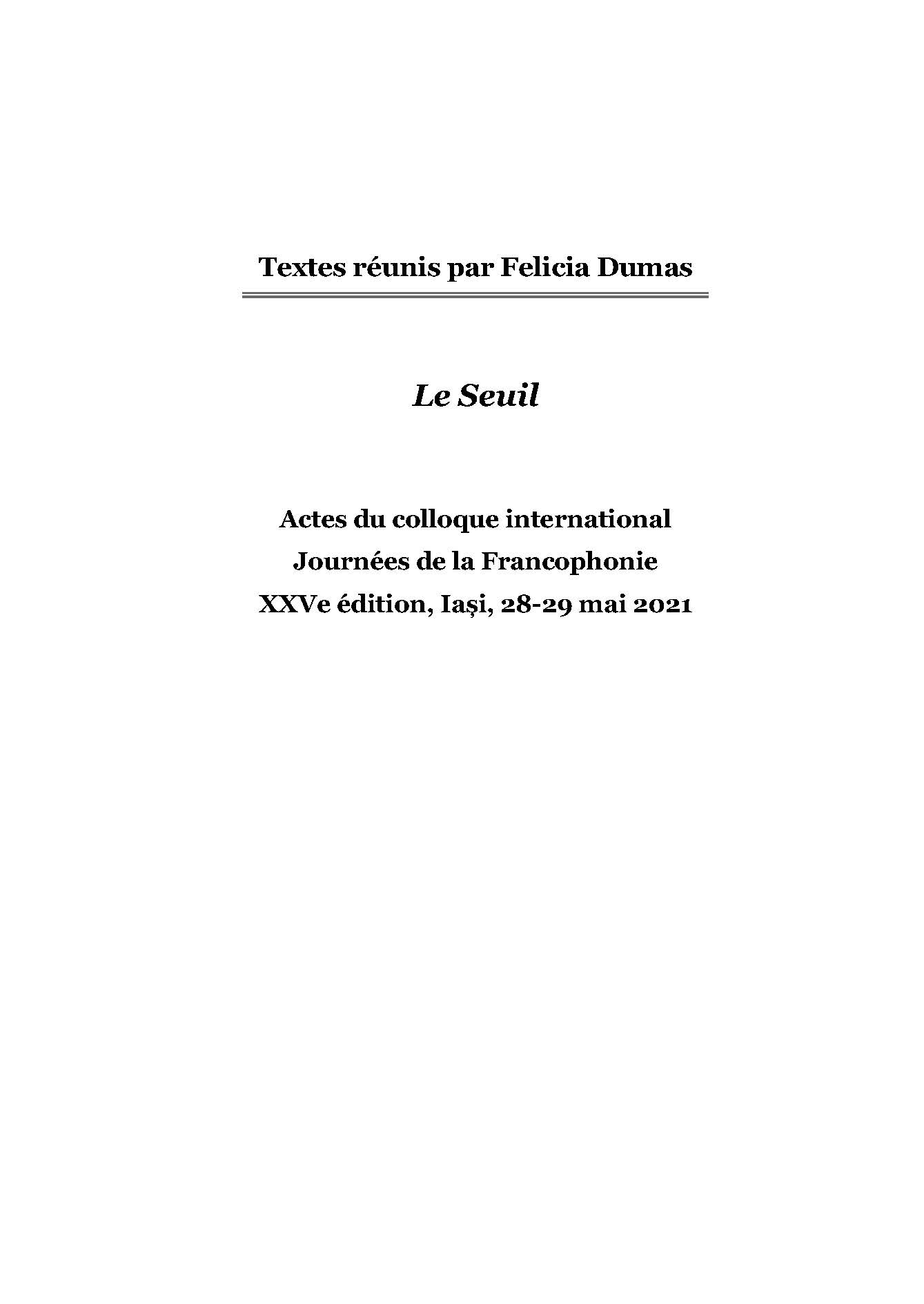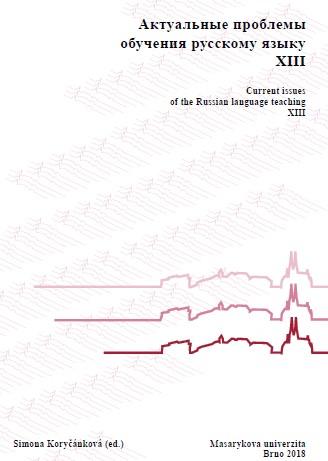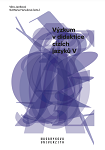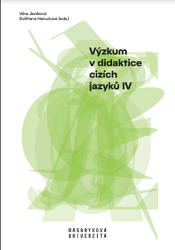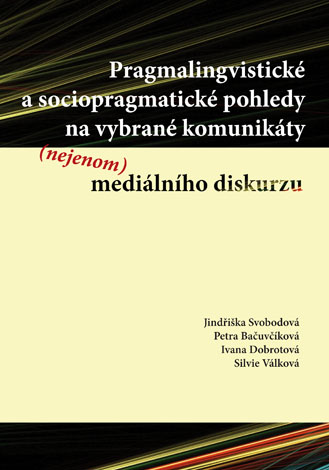Author(s): Halid Bulić / Language(s): Bosnian
Publication Year: 0
In this paper, the phenomenon of grapheme multiplication in SMS messages in the Bosnian language was analyzed, with a particular focus on the pragmatic dimension of the repeated graphemes. For research purposes, the first 5,000 SMS messages in the Sarajevo corpus of SMS messages in the Bosnian language (Bulić et al. 2023) were analyzed. The observed examples with repeated graphemes can be classified into the following types: (1) examples with unintentional errors, (2) abbreviations with repetition of the same grapheme, (3) repetition of the grapheme c with the dental click value with the meaning of reproach, (4) gemination, and (5) lengthening. Some abbreviations with repetition of letters such as pozz (< pozdrav, pozdraviti) ‘greeting, greet’ or sigg (< siguran) ‘sure’ are characteristic of technology-mediated communication, primarily SMS, and can be considered textisms, a manner of SMS communication. Gemination often appears in foreign words and words of oriental origin, where it is used in accordance with the orthographic norm of the Bosnian language, but examples of a kind of exaggeration in the use of gemination in Islamic discourse have also been recorded. Lengthening is most often realized in interjections (heeeej), vocative forms (dušooo, sekooo) and speech acts of congratulations, greetings and their equivalents (sretan rodjendaaan, sretnooo, ljubiiiimm...). Although only vowels, fricatives and vibrant r can naturally be lengthened, some other consonants are also repeated in SMS messages, for example ć (> c) (sekicccc) or k (pusekkk). Such consonants cannot be lengthened in speech, so their repetition in SMS messages highlights an important feature of these messages: they are not meant to be read aloud. We consider the repetition of consonants that cannot be pronounced extended to be distinct examples of textisms. The examples with lengthening exhibit the most variety with regard to the intentions of the sender of the message and the feelings they wish to convey, reflecting the desired effects of the message.
More...
